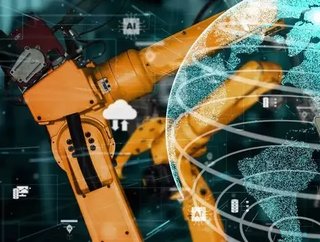Is employee buy-in crucial to DX success in manufacturing?

In a recent report from Nexer titled ‘Connected Enterprise: Building the Bionic Business’ the company revealed that 8 per cent of business leaders in manufacturing would like to implement more technology, but fear resistant, 15 per cent find their employees reluctant to embrace new technologies.
The importance of employee buy-in for digital transformation success
With only 24 per cent of manufacturing businesses’ employees reacting positively to new technology, and 40 per cent appreciating the benefits, Nexter’s research reveals that a lack of communication and education prior to implementation could be the reason for such negative reactions.
“Only when used correctly and consistently can digital solutions make a tangible difference to business operations and outcomes. So while it’s vital to get the C-Suite on board in order to secure funding for exciting new technology in the first place, it’s equally as important that those who will be using the technology day-to-day are convinced of its benefits,” said Colin Crow, managing director of Nexer.
According ot Nexer’s research only 24 per cent of manufacturing companies said that their workforce finds it easy to learn new technology, with 49 per cent stating that many of their employees struggle.
“In order to ensure optimum return on investment, businesses should always take a collaborative approach, explaining to employees the reasons behind any new digital technologies and providing as much support as needed for them to feel comfortable using them,” added Crow.
“It’s important to bear in mind that while digital transformation makes companies more profitable, enhances the customer experience and enables them to keep up with competitors, it should also always improve the employee experience. If a new technology will not ultimately make the daily responsibilities of employees simpler or more efficient – following the appropriate training – then it is not the right technology for that business, and will likely not be a success in the long term,” concluded Crow.
For more information on manufacturing topics - please take a look at the latest edition of Manufacturing Global.
- Inside RealWear's Strategic Adoption of Finance TechnologyTechnology
- GE Vernova moves to Electrify and Decarbonise the WorldTechnology
- Balancing Technology & Employee Engagement in ManufacturingProcurement & Supply Chain
- Semiconductor Production & Italy's Manufacturing RenaissanceTechnology






